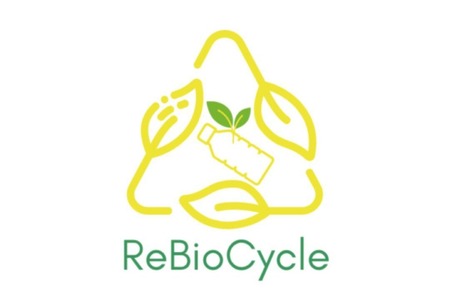
Mexico to protect labor rights and forced labor enforcement
YarnsandFibers News Bureau 2023-02-26 17:53:15 – MexicoMexico has become the third nation to outlaw the import of items produced using forced or coercive labor, following the United States and Canada. The USMCA, as well as this resolution, are trade agreements.
Mexico has published a resolution that aims to forbid the implementation of goods made with forced labor as part of its commitment to the United States-Mexico-Canada Agreement (USMCA), which was in part, an opportunity to concentrate on combating forced labor.
The agreement called for the establishment of independent entities to oversee the reforms that were to be made to Mexico's institutions and laws in order to make its unions more democratic.
Each party to the USMCA is required to forbid the entry of commodities into its territory from external sources that were made entirely or partially using forced or coercive labor, including child labor.
In May, this agreement becomes effective.
The Mexican government is establishing a structure to receive, examine, and handle requests for reviews of goods allegedly made with forced labor through the Ministry of Labor and Social Welfare (STPS). Its importation may be prohibited when the claim is verified, always adhering to the rules of due process.
US Trade Representative Katherine Tai said that the three USMCA partners would collaborate more closely to eliminate forced labor from global supply chains and address transshipment, leveling the playing field for North American workers while protecting the most vulnerable workers throughout the world.
Ron Wyden, the chair of the Senate Finance Committee,said that this was "a significant step. Having one of their key trading partners and a major member of the automotive supply chain take comparable action is vital to leveling the playing field for workers across North America. As the United States continues to properly enforce its own ban on forced labor.
Years ago, the US outlawed the importation of goods made with child or forced labor and continues to update the list. In conformity with the USMCA, Canada enacted a comparable prohibition in July 2020.
Market Intelligence
Ask for free sample Report

experience
Customer Base
dedicated team
Countries Served Worldwide









